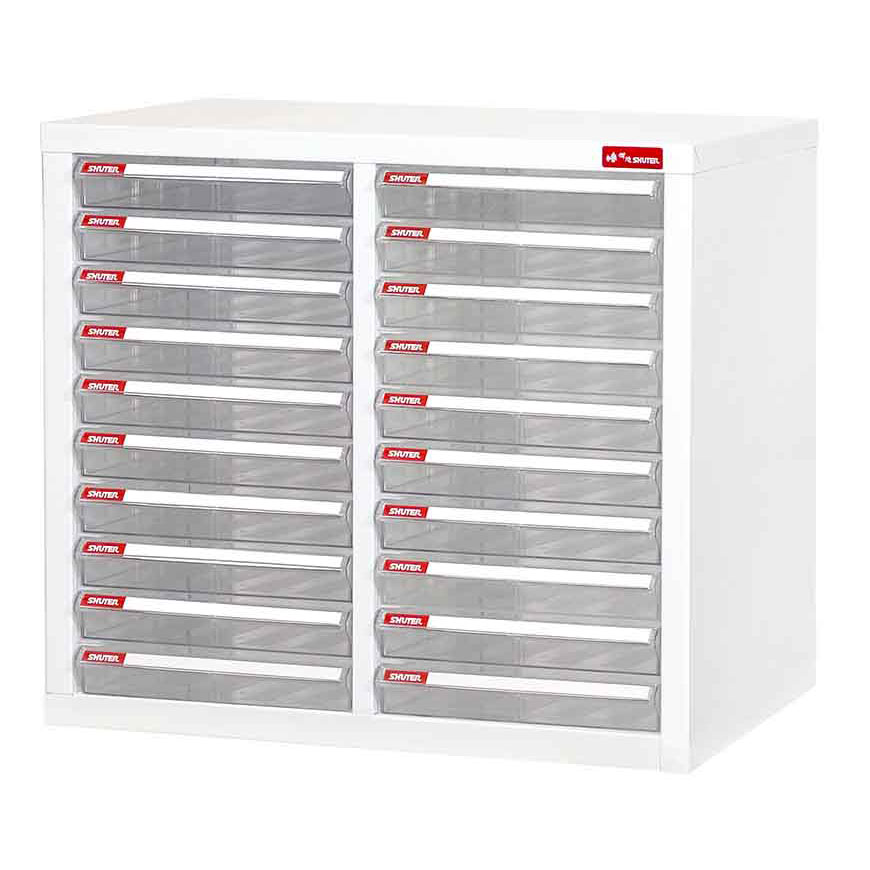

You want to replace or supplement on-premises file servers or NAS devices. You want to "lift and shift" an application to the cloud that already uses the native file system APIs to share data between it and other applications running in Azure. You can mount Azure file shares from cloud or on-premises deployments of Windows, Linux, and macOS. Offers fully managed cloud file shares that you can access from anywhere via the industry standard Server Message Block (SMB) protocol. The following table compares Files, Blobs, Disks, Queues, and Tables, and shows example scenarios for each. Sample scenarios for Azure Storage services To determine which Azure technology is best suited for your scenario, see Review your storage options in the Azure Cloud Adoption Framework. Review options for storing data in AzureĪzure provides a variety of storage tools and services, including Azure Storage. To get started, see Create a storage account.

Azure Storage is designed to be massively scalable to meet the data storage and performance needs of today's applications. Azure Storage provides you with fine-grained control over who has access to your data. All data written to an Azure storage account is encrypted by the service. Data replicated in this way remains highly available in the event of an unexpected outage.

You can also opt to replicate data across data centers or geographical regions for additional protection from local catastrophe or natural disaster.

Redundancy ensures that your data is safe in the event of transient hardware failures. Benefits of Azure StorageĪzure Storage services offer the following benefits for application developers and IT professionals: The Azure portal and Azure Storage Explorer provide user-interface tools for interacting with Azure Storage. Developers and IT professionals can use Azure PowerShell and Azure CLI to write scripts for data management or configuration tasks. NET, Java, Python, JavaScript, C++, and Go. Azure Storage also offers client libraries for developers building applications or services with. Azure Storage data objects are accessible from anywhere in the world over HTTP or HTTPS via a REST API. Azure Storage offers highly available, massively scalable, durable, and secure storage for a variety of data objects in the cloud. The Azure Storage platform is Microsoft's cloud storage solution for modern data storage scenarios.


 0 kommentar(er)
0 kommentar(er)
